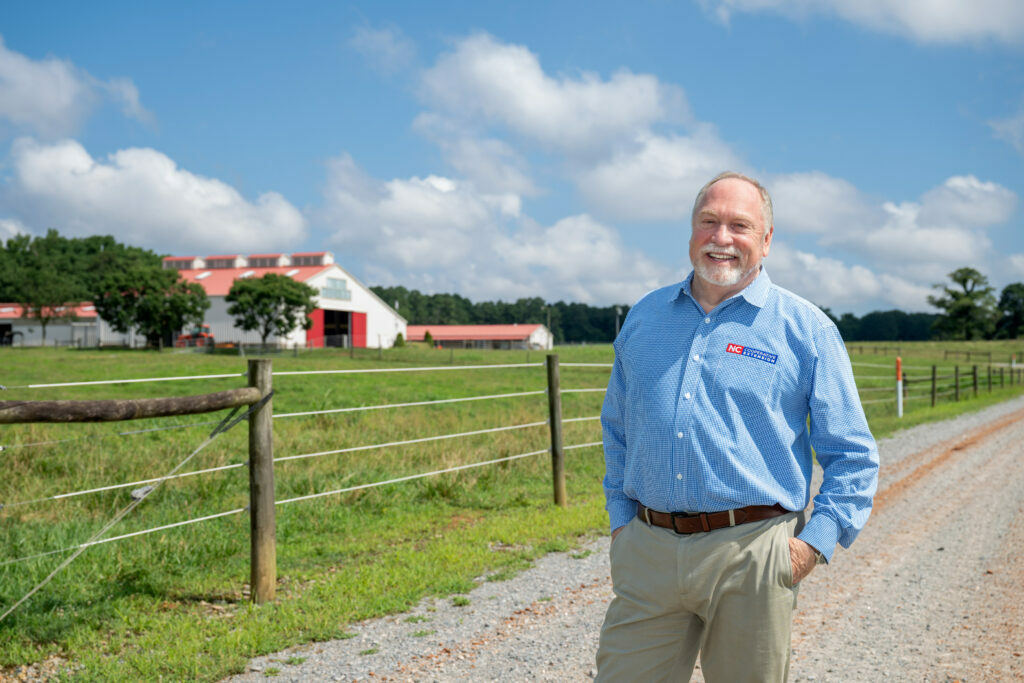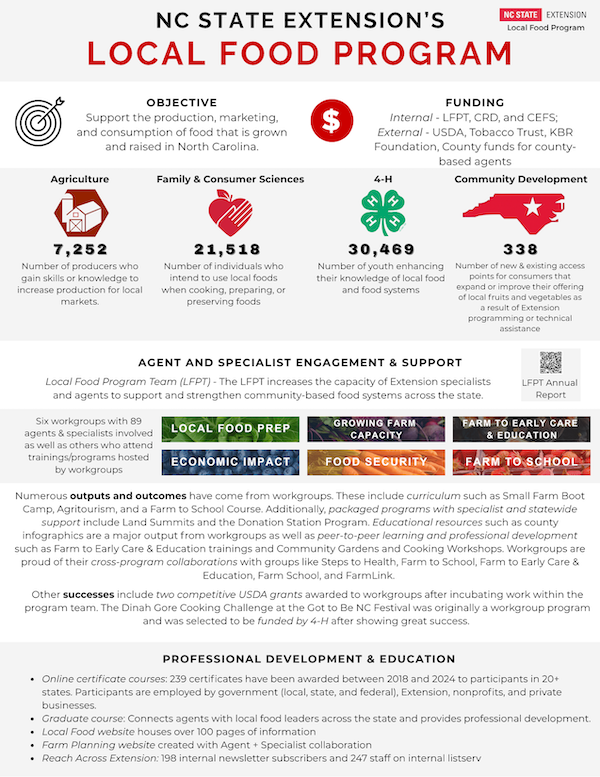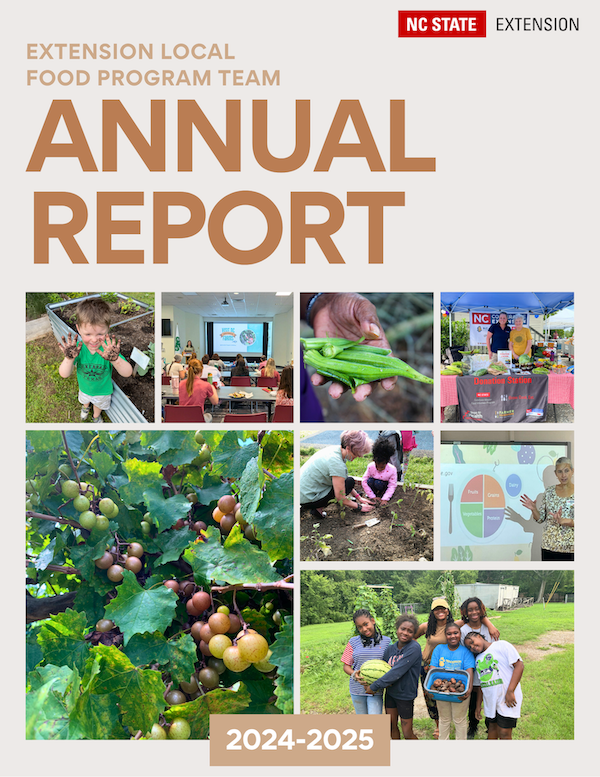Welcoming Dr. David Monks!
go.ncsu.edu/readext?1085605
en Español / em Português
El inglés es el idioma de control de esta página. En la medida en que haya algún conflicto entre la traducción al inglés y la traducción, el inglés prevalece.
Al hacer clic en el enlace de traducción se activa un servicio de traducción gratuito para convertir la página al español. Al igual que con cualquier traducción por Internet, la conversión no es sensible al contexto y puede que no traduzca el texto en su significado original. NC State Extension no garantiza la exactitud del texto traducido. Por favor, tenga en cuenta que algunas aplicaciones y/o servicios pueden no funcionar como se espera cuando se traducen.
Português
Inglês é o idioma de controle desta página. Na medida que haja algum conflito entre o texto original em Inglês e a tradução, o Inglês prevalece.
Ao clicar no link de tradução, um serviço gratuito de tradução será ativado para converter a página para o Português. Como em qualquer tradução pela internet, a conversão não é sensivel ao contexto e pode não ocorrer a tradução para o significado orginal. O serviço de Extensão da Carolina do Norte (NC State Extension) não garante a exatidão do texto traduzido. Por favor, observe que algumas funções ou serviços podem não funcionar como esperado após a tradução.
English
English is the controlling language of this page. To the extent there is any conflict between the English text and the translation, English controls.
Clicking on the translation link activates a free translation service to convert the page to Spanish. As with any Internet translation, the conversion is not context-sensitive and may not translate the text to its original meaning. NC State Extension does not guarantee the accuracy of the translated text. Please note that some applications and/or services may not function as expected when translated.
Collapse ▲We’re thrilled to welcome Dr. David Monks as the new Associate Dean and Director of NC State Extension, as well as Vice Provost for Outreach and Engagement at NC State University. Having served as co-interim director for the past year, he will now lead “one of the nation’s largest Extension systems encompassing operations in all 100 counties, the Qualla Boundary and the Plants for Human Health Institute (PHHI) in Kannapolis”. With over three decades of leadership experience, Dr. Monks has held key positions within NC State Extension and the North Carolina Agricultural Research Service (NCARS). His time as co-interim associate dean and director and vice provost has already showcased his ability to foster new partnerships, advance community engagement, and align Extension with the university’s strategic priorities.  The local food program regularly spotlights Local Food Coordinators (LFCs) to share their impactful work and provide valuable resources. We extended this tradition by asking Dr. Monks for his perspective on the future of local foods in North Carolina:
The local food program regularly spotlights Local Food Coordinators (LFCs) to share their impactful work and provide valuable resources. We extended this tradition by asking Dr. Monks for his perspective on the future of local foods in North Carolina:
What do you think the future of local foods in NC looks like?
“The future of local foods in North Carolina is incredibly promising. From our vibrant farms to innovative food entrepreneurs and growing consumer demand for fresh, local products, the state is well-positioned to lead in sustainable, community-driven food systems.”
What excites you about Extension’s role with local food in NC?
“What excites me most about Extension’s role in local food systems is our ability to connect—people to knowledge, farmers to markets, and communities to healthier food choices. We’re uniquely positioned to support the entire food chain, from production and value-added processing to education and consumer outreach.”
As we prepared for new leadership, Hannah Dankbar, Local Food Program Manager, facilitated a discussion with the Local Food Program Team to think about what new administrators need to know about Extension Local Food Programming. One of the strongest points about this discussion was the cross-program nature of local food system development, highlighting how it creates opportunities for a whole office approach. Additionally, supporting local food systems allows Extension to work across communities as a trusted partner.
Other highlights from the discussion included:
- The Local Food Program has experienced immense growth over the past decade, resulting in many new resources developed by specialists and agents.
- The increasing number of Local Food Agents demonstrates how counties are recognizing the importance of this work.
- A key question for the future is how to sustain this growth for another decade.
- Local food often serves as the first point of entry to Extension for many individuals. Tracking these initial interactions and where they go from there could provide valuable insights.
- The variance among local food programs, Local Food Agents, and Local Food Coordinators across counties means the work should not be, and cannot be, siloed.
To help share the local food program’s impacts and highlights, a one-page summary has been created and is perfect for sharing on social media, websites, and with stakeholders in your community. 
For a deeper dive into the work of the Local Food Program and its six workgroups, we encourage you to check out our newest Annual Report.
We are excited for the continued growth of the local food program in North Carolina under Dr. Monks’ leadership and again, we extend him a warm welcome!


